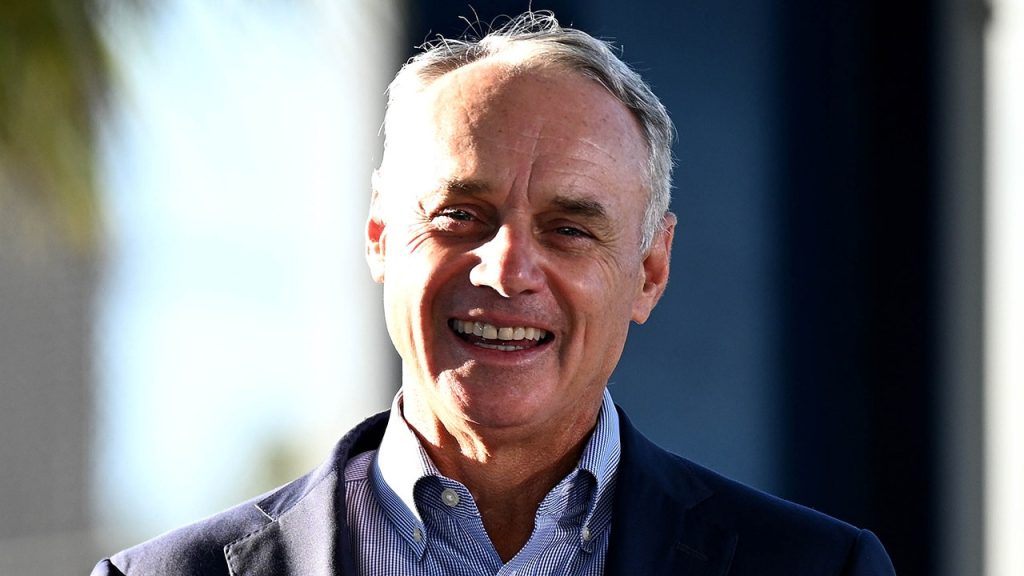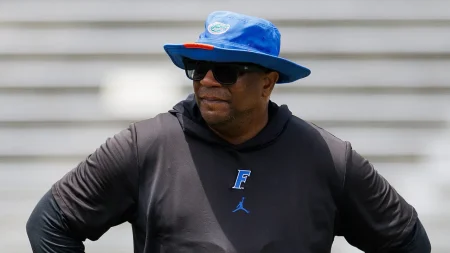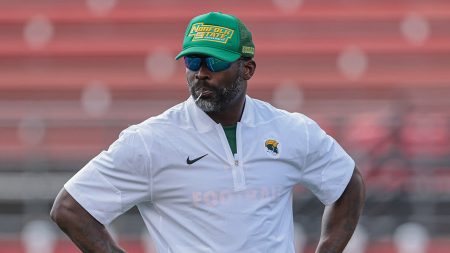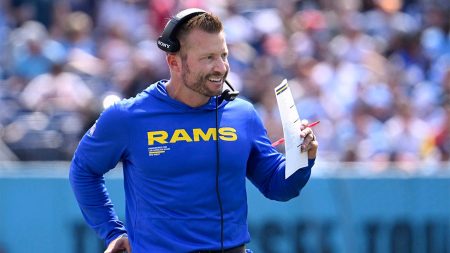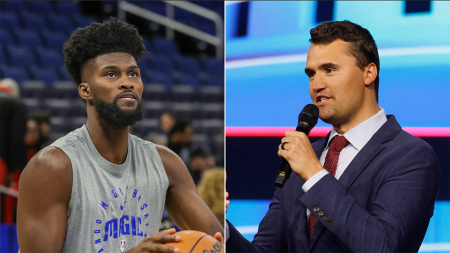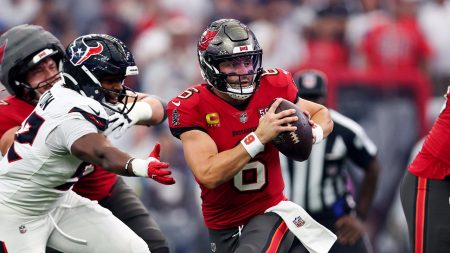The debate surrounding automated balls and strikes in Major League Baseball has been ongoing for some time and it appears that this change may soon be implemented in the big leagues. Automated strike zones were first discussed on an episode of HBO’s “Real Sports” in 2017, but MLB did not take action until 2019 when an experimental automated balls and strikes system was implemented at all Triple-A ballparks. MLB Commissioner Rob Manfred has suggested that the change could be coming to the majors, with growing support from players. Manfred has been at the forefront of major changes in baseball, including modifications to quicken the pace of play, such as adding a pitch timer, larger bases, and pick-off limitations.
The changes made ahead of the 2023 season have led to a significant decrease in the average duration of nine-inning games. According to Baseball Reference, the average game last year lasted two hours and 39 minutes, over 31 minutes faster than the record set in 2021. This was the first time since 2015 that the average game lasted less than three hours, with the 2:39 duration being the fastest since 1985. This year, games are averaging two hours and 35 minutes, with only 0.4% of games exceeding 3½ hours compared to 18.7% in 2021. These rule changes have also resulted in an increased attendance of 70.7 million fans at MLB stadiums in 2023, the highest since 2017.
Manfred’s efforts to introduce changes aimed at improving the pace of play and overall fan experience have been met with success. Despite initial concerns from fans that the game was changing too much, the rule modifications have led to faster games and increased attendance. The positive impact on attendance and game duration has shown that embracing new technologies and modernizing the game can have a beneficial outcome for the league and its fans. Manfred has indicated that he plans to retire from his role as MLB Commissioner when his contract expires in 2029, leaving behind a legacy of significant changes to the sport.
As automated balls and strikes are being tested and implemented in the minor leagues, the debate about their potential impact on the game continues. With support from players and a growing consensus favoring the change, it appears that automated strike zones may soon be introduced in the major leagues. This shift towards more technology-driven decision-making reflects a broader trend in professional sports, where officials are facing increased scrutiny and pressure to make accurate calls. The potential introduction of ABS in MLB represents a significant change that could alter the game’s dynamics and player strategies. Manfred’s role in spearheading these changes underscores his commitment to modernizing baseball and improving the overall fan experience.
The success of the rule changes implemented under Manfred’s leadership has been evident in the significant decrease in game duration and the subsequent increase in attendance. By introducing measures to quicken the pace of play and streamline game logistics, MLB has been able to attract more fans to stadiums and provide a more engaging experience for viewers. Despite initial resistance to these changes, the positive outcomes have demonstrated the benefits of embracing modern technologies and adapting to the evolving landscape of professional sports. As Manfred prepares to retire from his position as MLB Commissioner in 2029, his legacy will be marked by the significant transformations he implemented to enhance the game of baseball and secure its future relevance in the sports world.




